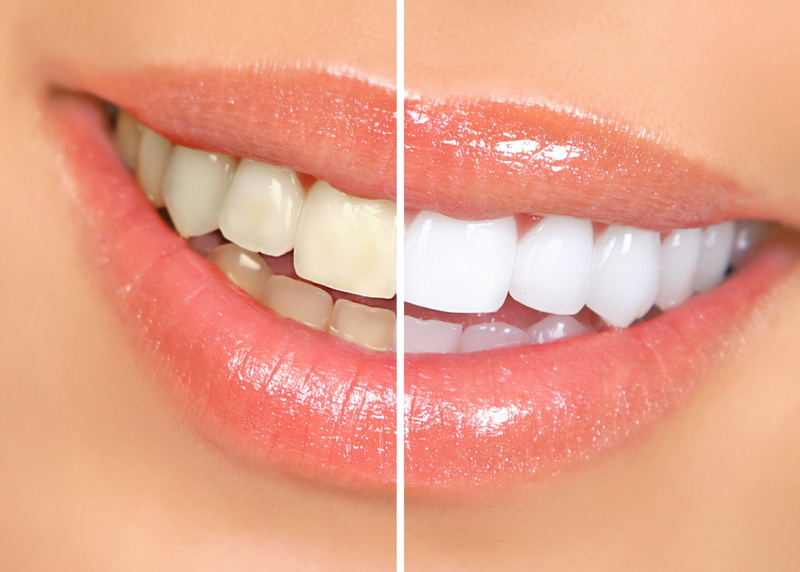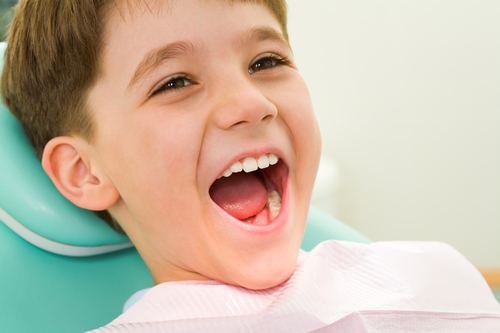Are you considering a smile makeover or other type of cosmetic dental treatment? Teeth whitening is a great place to start.
An Affordable Option
Teeth whitening is a relatively affordable cosmetic treatment. Plus, it’s easy to maintain. You can generally plan on whitening your entire smile for less than the cost of other types of treatment. It even makes a great gift for yourself or another family member.
Create a Baseline
Whether or not you plan to get additional cosmetic work done — like veneers or crowns — it’s best to have a white smile to begin with. That way, future restorations can be matched to your adjacent teeth. If you’re planning on having an area bonded later this year, you can’t whiten the material used to place the bond. It’s best to just have white teeth from the start! Otherwise you would need to replace the restoration after you whitened your teeth, so that it didn’t stand out.
Better Results Than Store-Bought Kits
No matter how many whitening strips, trays, or toothpastes you buy online or at the supermarket, they won’t be as effective as a prescription grade product that your Carnegie dentist can equip you with. They may seem cheaper at first, but after you’ve gone through one or two refills, you will have already spent more than if you did getting professional treatment…without the results to show for it.
Find Out if You’re a Candidate
There are a few things you need to know before starting a whitening regimen. First, your teeth need to be free of cavities. If necessary, we can place a temporary filling that can be replaced with a permanent one after you whiten. Also, your gums need to be free of periodontal disease.
Schedule a quick exam at North Road Dental Clinic in Carnegie to find out if one of our cosmetic teeth whitening treatments is right for you.
Read More





